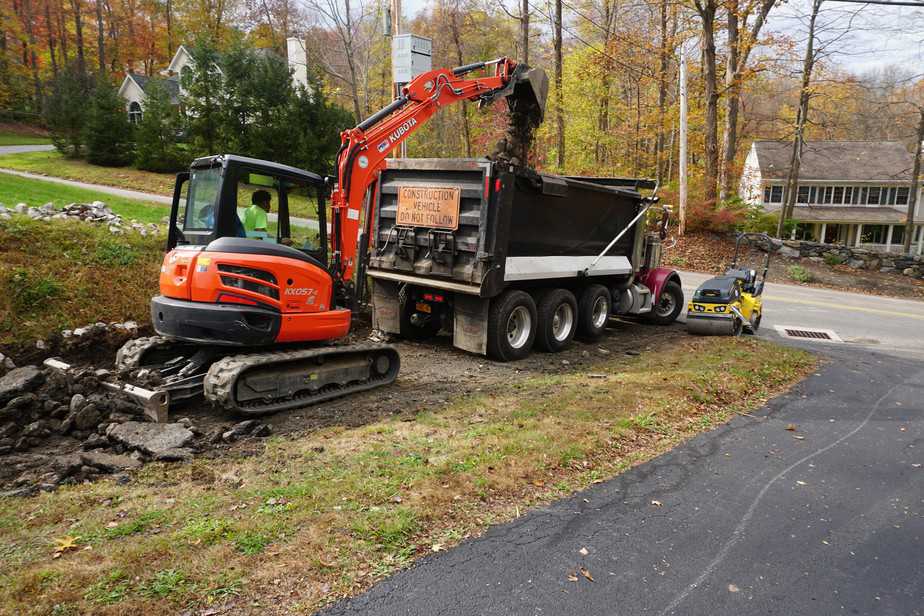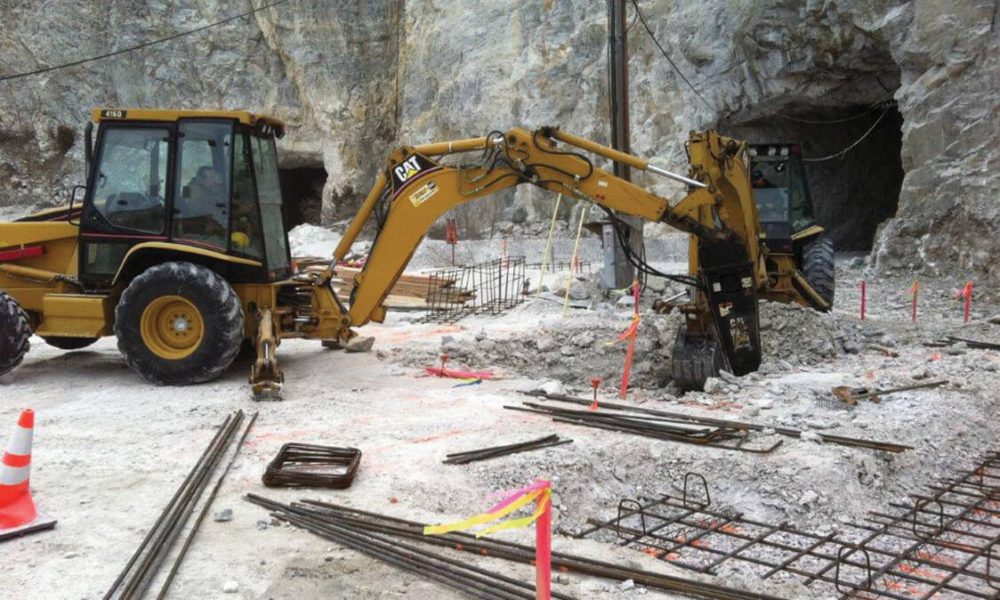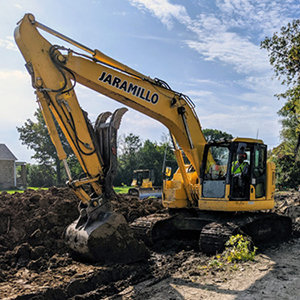Comprehensive Excavation Methods: Mastering the Principles for Success
In the world of building and construction and civil design, the relevance of reliable excavation approaches can not be overstated. The mindful preparation, exact execution, and precise focus to information required in excavation tasks demand a comprehensive technique that encompasses numerous essential facets. From initial dirt evaluation to the implementation of precaution and regular progress monitoring, mastering these core elements is important for attaining success in any kind of excavation endeavor. Nevertheless, real proficiency exists not just in understanding these principles however in seamlessly integrating them to navigate the complexities of excavation tasks with finesse.
Comprehending Excavation Project Planning

Successful excavation jobs are improved the structure of thorough and careful planning. The initial phase of any type of excavation project is the planning stage, where critical decisions are made that can substantially impact the end result of the job. Throughout this phase, it is vital to collect all relevant details regarding the site, including topographical studies, soil structure, and any kind of prospective dangers that might exist. Comprehending the task budget, range, and timeline constraints is vital for producing a comprehensive excavation plan that ensures the project's success.
One key aspect of excavation task planning is the growth of an in-depth timeline that outlines the sequence of target dates, activities, and turning points. This timeline acts as a roadmap for the project group, permitting them to track progress and make needed changes to guarantee the project remains on schedule. In addition, a well-defined spending plan that accounts for all expenditures, including devices leasing, labor expenses, and materials, is vital for avoiding price overruns and delays. By thoroughly taking into consideration all these factors during the drawing board, excavation tasks can be carried out successfully and successfully, resulting in successful end results.
Dirt Evaluation and Website Examination
Carrying out detailed dirt evaluation and site evaluation is a vital action in the preparation phase of any kind of excavation project. Soil evaluation entails figuring out the structure, framework, and residential or commercial properties of the dirt at the excavation website. This details is vital for understanding the soil's bearing ability, wetness content, and capacity for erosion, which are key consider identifying the excavation methods and tools needed for the project.
Site examination goes beyond soil evaluation and includes a wider analysis of the general site conditions. This analysis consists of recognizing any kind of possible risks, such as underground energies, environmental worries, or unsteady terrain, that could affect the excavation procedure. By extensively assessing the site, project managers can establish reliable excavation strategies that focus on safety and security, efficiency, and environmental defense.
Using advanced modern technologies like ground-penetrating radar, dirt tasting, and drone studies can improve the precision and efficiency of dirt evaluation and website examination. Investing time and sources in these preliminary steps can ultimately conserve time and protect against expensive hold-ups or complications during the excavation process.
Tools Option and Utilization
Effective excavation jobs rely greatly on strategic tools choice and utilization to make certain ideal efficiency and productivity. Selecting the best devices for the task is critical in maximizing performance and decreasing downtime. Variables news such as the kind of soil, deepness of excavation, and job scope play a substantial duty in identifying the most appropriate tools for the task handy.

In addition to selecting the ideal equipment, appropriate use is essential to task success. Operators should be trained to deal with the equipment securely and efficiently - lancaster trenching. Routine upkeep checks and prompt repairs assist avoid malfunctions and make certain constant efficiency throughout the project
Security Procedures and Laws Compliance
In the realm of excavation jobs, focusing on safety and security procedures and compliance with guidelines is paramount to ensuring a legitimately audio and protected functional setting. Security measures incorporate a series of methods, consisting of performing extensive website assessments, executing appropriate signs and obstacles, and offering adequate safety training for all personnel associated with the excavation process. Adherence to guidelines, such as OSHA requirements in the USA, ensures that the excavation project fulfills the needed standards to shield employees, bystanders, and the surrounding setting.

Surveillance Development and Adjusting Methods
Exactly how can project managers properly track the innovation of excavation tasks and adjust their methods as necessary to enhance end results? Tracking development is vital for making sure that excavation projects remain on track and meet target dates. Task managers can utilize numerous tools and techniques to track development, such as daily progress reports, regular website examinations, and progressed monitoring modern technologies like drones and general practitioners tracking systems. By continuously keeping track of the job's improvement, managers can determine any type of potential hold-ups or problems early on and take proactive measures to resolve them.

Conclusion
Finally, understanding the basics of extensive excavation approaches is essential for the success of any kind of task. By understanding task planning, examining soil and site conditions, picking suitable equipment, adhering to safety and security guidelines, and checking progression, project supervisors can make sure a effective and smooth excavation procedure. Executing these approaches will result in effective end results and lessen possible risks or setbacks during the excavation task.
The first stage of any kind of excavation task is the preparation stage, where vital choices are made that can dramatically impact the outcome of the job. Recognizing the task budget plan, extent, and timeline restrictions is essential for developing a thorough excavation plan that makes sure the project's success.
Just how can project supervisors properly track the improvement of excavation projects and adjust their methods accordingly to enhance end results? By very closely checking development and being eager to adapt techniques, task managers can improve the general success of excavation projects.
By understanding job preparation, examining dirt and site problems, picking suitable tools, conforming with safety and security guidelines, and keeping an eye on progression, task managers can make certain a reliable and smooth excavation procedure.